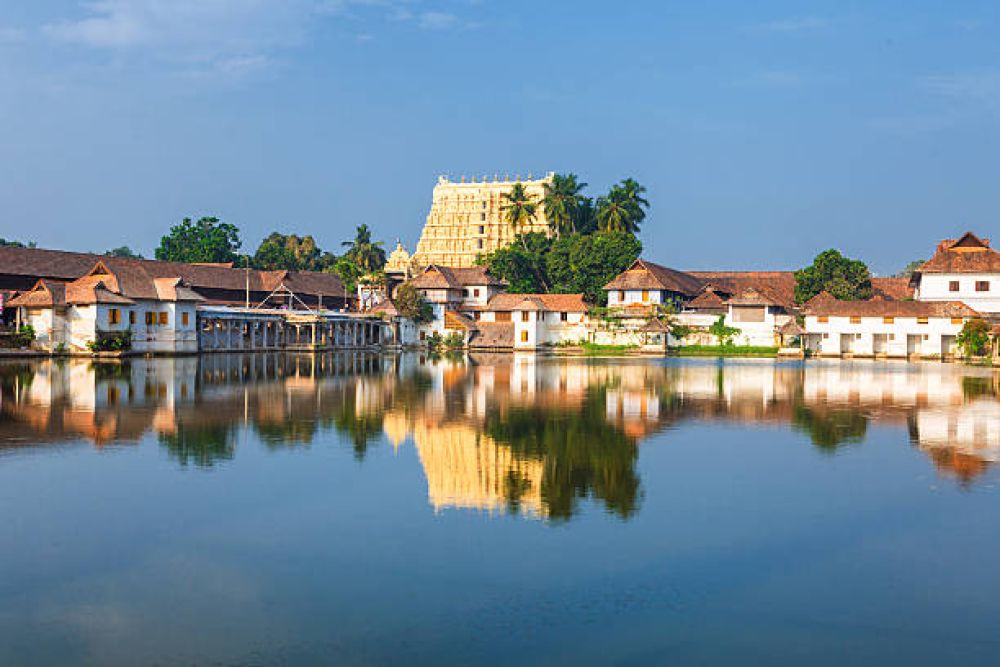

Nestled in the southwestern tip of India, Trivandrum, or Thiruvananthapuram, is the capital of the coastal state of Kerala. It is a city that beautifully blends its rich cultural heritage with modern advancements. Over the years, Trivandrum has emerged as a significant tourist destination thanks to its picturesque landscapes, historical monuments, and the warm hospitality of its people.
The history of tourism in Trivandrum can be traced back to the early 20th century when the region was ruled by the Travancore Royal Family. The royal family played a pivotal role in promoting the cultural assets of Trivandrum, which in turn garnered the interest of travelers from different parts of the globe. The blissful beaches, tranquil backwaters, and the allure of Ayurveda have been key factors in attracting tourists.
During the British colonial era, Trivandrum witnessed a surge in international visitors, including diplomats and colonial administrators who were drawn to this tropical paradise. The establishment of colonial structures, alongside traditional wooden architecture, resonates with Trivandrum's capability to assimilate various cultural influences. It wasn't long until Trivandrum became known as the "Evergreen City of India", a moniker that added to its mystique and charm.
After India's independence in 1947, Trivandrum continued to thrive as a centre for culture and intellectual activity. The Government of Kerala recognized the potential of tourism as a key driver for socioeconomic growth. The creation of the Kerala Tourism Development Corporation (KTDC) in 1966 was a significant step towards organizing the state's tourism sector, designing tourist circuits, and facilitating infrastructure developments such as the construction of hotels and resorts.
Major landmarks such as the Padmanabhaswamy Temple, one of the world's wealthiest temples, the Napier Museum, and the Kuthira Malika (Puthen Malika) Palace became focal points for visitors. The city's natural attractions, including the renowned Kovalam Beach, and the popularity of wellness tourism, particularly Ayurvedic treatments, further bolstered Trivandrum's status as a prime tourist destination.
The late 20th century saw a new trend in tourism with a growing emphasis on sustainability and eco-friendliness. Trivandrum adapted to this by promoting eco-tourism venues like Ponmudi Hill Station and Peppara Wildlife Sanctuary. The city also began hosting cultural festivals like the International Film Festival of Kerala and the Trivandrum Festival, celebrating the region's artistic legacy and creating a global stage for cultural exchange.
In the present day, Trivandrum continues to develop innovative tourism strategies, incorporating the latest trends such as experiential and digital tourism. With advancements in technology, virtual reality tours of historic sites and online promotion of tourist spots have become widespread. The government has also been active in promoting the city's potential for medical tourism, given its advanced healthcare facilities and the therapeutic traditions of Ayurveda.
The journey of Trivandrum from a serene princely state to a bustling tourist hub is a testament to its timeless appeal and the collaborative efforts of local communities and the government in preserving and showcasing its inimitable treasures. Embracing the new while respecting the old, Trivandrum stands as a model for sustainable and culturally-rich tourism in the 21st century.